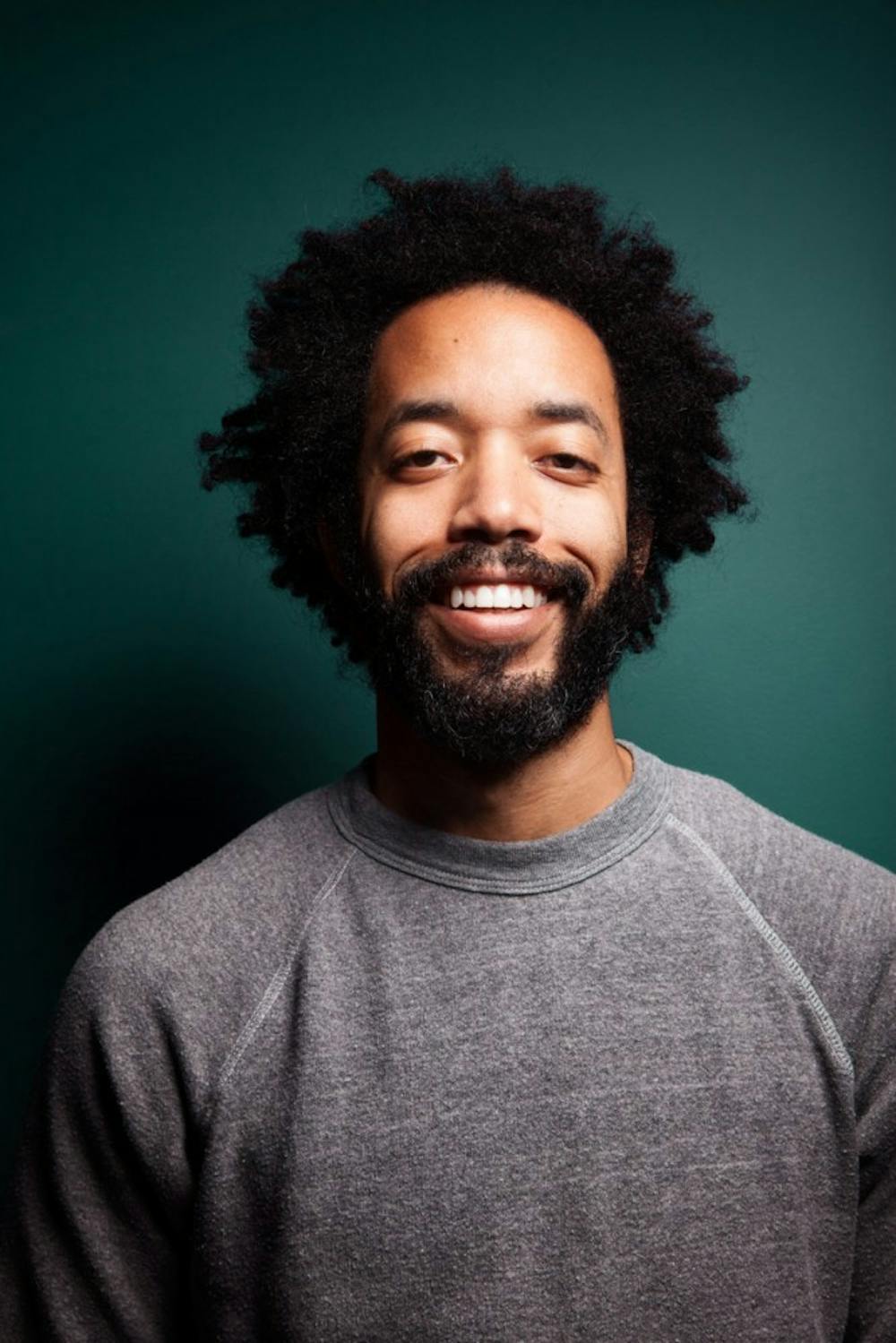On Tuesday, former "Daily Show" correspondent and UNC class of 1998 graduate Wyatt Cenac will perform at Raleigh's Goodnights Comedy Club. Cenac, a comedian and actor who has earned three Emmy awards, talked to Arts & Culture Editor Sarah Vassello about his time at UNC, his start in comedy and his love of puppets.
Daily Tar Heel: I read in an interview that you did that you started your comedy career in Goodnights Comedy Club. When did you perform your first open mic, and what was that experience like?
Wyatt Cenac: That had to be probably like 1996, and I was terrified. I was excited and terrified at the same time, and I was excited to try it. Once you do an open mic, the way you did it then, you’d go in the afternoon and you’d perform just for the other comedians who were potentially going up later that night. It was weirdly competitive where people didn’t want to necessarily laugh for each other because if you got bigger laughs, that meant they might not be able to go on. I remember doing that and being told that I could come back that night to do the open mic. They gave me three minutes, and I was so nervous that I sped through my jokes in about a minute and just, kind of scared and excited, ran off stage.
DTH: How does it feel to come back after gaining so much popularity in your comedy?
WC: It’s not the first time I’ve come back. I came back maybe 10 years after I graduated. I did a show at Carolina, and so that was really fun to get to do that, to go back and perform in Memorial Hall. So that was the first time I went back to North Carolina. This will be the first time that I go back to Goodnights. This will be the first time that I’ve been back in 20 years, so to see if it looks like exactly like I remember or different, that will be kind of fun.
DTH: Tell me about your time at UNC. What were some of the highlights?
WC: I got to do a fair amount of stuff with the film department. At that point in time, I wanted to do film and television. Getting to do that stuff was probably the highlight of my career when we got to use cameras and go out and shoot stuff, and just getting to do all of that was probably the things that I remember thinking, "College is fun." I was a pretty terrible student beyond that.
DTH: Did you always know that you were interested in comedy?
WC: I always knew. I always wanted to do comedy. It was one of those things where I didn’t know if it was something that I could actually do and how I could do it. I think having grown up in Texas and having gone to school in North Carolina, you’re not really surrounded by a lot as far as there’s not a lot of TV shows and movies that were in my backyard being made. Thinking, "How does one go to Hollywood?" and stuff like that, that didn’t seem that attainable. I think when I was at school and seeing how TV and film were made and being put in access with people who worked in television and film made that more of a reality for me.



